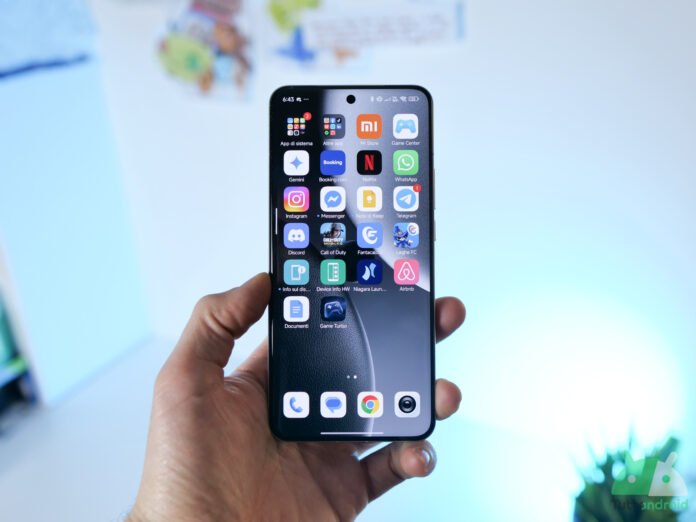“The wings of a butterfly in Brazil can trigger a tornado in Texas.” [Edward Lorenz] In 2019, the beat was not of a butterfly, but of a presidential decree of the United States through which Huawei was inserted in the identity list. An act that seemed destined to hit a single company, but which over time triggered a chain reaction in the Android world absolutely unpredictable so much so that, according to different rumors, Three Chinese technological giants Like Xiaomi, Huawei and BBK Group, they would be thinking of developing an Android operating system but without Google.
As Xiaomi would be proceeding to become independent of Google
Voices circulate in one in an increasingly insistent way Possible partnership between Xiaomi, Huawei and BBK Group (The Mother Company of Oppo, OnePlus and Vivo). The goal would be to develop a version of the Xiaomi operating system without predicting Google’s involvement.
At the moment there are no further indications or elements that can guide the assessments, but it is possible to retrace the steps that presumably led the three Chinese companies to mature this idea and what the implications could be.
In 2019, in fact, Huawei was inserted by Department of Commerce of the United States In the identity list, or the list of companies, organizations and people who are considered a threat to national security or the interests of foreign policy of the USA. In fact, that decision prevented Huawei from doing business with American companies.
Specifically, the decision had as a consequence the impossibility for Huawei to use chips, hardware and software components from US companies (such as Qualcomm, Intel, Microsoft, etc.), but also of Access Google services fundamental on Android (Google Mobile Services, GMS) such as the Play Store, YouTube, Maps and Gmail, as well as the bees of Big G. Since then Huawei has created Harmonyosthe operating system initially developed with a partial compatibility with Android, but which in the latest versions (such as Harmonyos Next) is completely independent and no longer supports Android apps.
As an alternative to Google services, Huawei has developed HMS (Huawei Mobile Services) and Appgallery who will replace Google’s Play Store. Despite the inevitable initial difficulties (including that of convincing developers to make their apps compatible even without the Google services), Huawei managed to Create an independent ecosystem which, especially in China, is working.
A little different speech, however, for Xiaomi. To date is among the First Android smartphone brands in the worldwhy several analysts are skeptical about the convenience of giving up Google. Renouncing this partnership, in fact, would mean giving up an important slice of the market (especially outside China) and having to Support enormous investments in alternative services. For this reason it is presumed that, if the intentions of the three Chinese giants to move away from Google were concrete, for Xiaomi the strategy will be slightly different from that of Huawei.
With Hyperos, in fact, born to replace Miui with the aim of creating a unified system for smartphones, tablets, cars, wearables, smart home, it is more likely that Xiaomi gradually reduce your dependence on Google services Developing Hyperos variants based on Android AOSP, but without Google apps and bees.
In one way or another, however, neither for Huawei nor for Xiaomi is completely unthinkable an agreement that may provide for the renunciation (total or partial) to Google’s services. There collaboration between these three giants It would allow access to resources that, otherwise, none of the three companies would be able to support or face alone. Also, a partnership you see Xiaomi, Huawei, Oppo, OnePlus and Vivo Together he would have an important contractual power with the various global partners.
At the moment it is more likely that it is an alternative studied for protect yourself in front of the changing geopolitical events. The issues imposed by the Trump Administration are also having an important weight, especially in planning future investments. From this point of view, the Chinese market has excellent resources to its advantage in order to try to move the balance.
We don’t know what will happen, but the same fact that we start talking about such an eventuality is a clear Important indicator of the complex and articulated international situation that, also from the point of view of the technological sector, we are experiencing.

